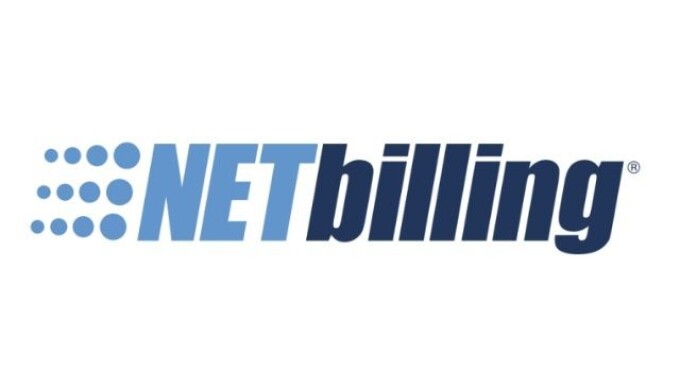VALENCIA, Calif. — NETbilling issued a release today reminding online merchants that EMV chip-based technology is moving forward, and that they should consider to tighten up their scrubbing as an Oct. 1 deadline nears.
NETbilling said its customizable Fraud Defense suite saves money by reducing fraud, disputes and chargebacks as payment card networks shift liability for fraudulent transactions to the party to a transaction that has failed to deploy EMV technology, whether it’s the card issuer or the merchant.
“The NETbilling payment gateway offers numerous fraud defense tools to help e-commerce merchants fight online fraud. This is often called ‘fraud scrubbing,’” NETbilling said. "Your transactions are scrubbed based on more than a dozen filters that are in place that compare data including credit card numbers, email addresses, street addresses, IP addresses, bank bin numbers and many other factors.
“We have 18 years of data compiled including information on good and bad cards, as well as customer data that have previously charged back with a merchant in the NETbilling gateway and elsewhere,” NETbilling said. “In the Fraud Defense setup within the NETbilling administration area, our merchants have the ability to select or unselect any fields that you may want to exclude when we scrub your transactions. The flexibility of our tools and customization ability gives NETbilling merchants an incredible way to combat online fraud.”
NETbilling released below several key answers to questions over EMV and its effect on retail and e-commerce merchants.
What is EMV?
EMV stands for: Europay, MasterCard, Visa. This is the chip-based technology now being used by credit card issuing banks into credit and debit cards. It is virtually impossible to duplicate these chip cards. International market migrations to EMV chip have proven that chip cards help reduce counterfeit fraud significantly. Although the magnetic stripe is still on the card itself, the EMV chip is secure and encrypted when used with the chip, rather than "swiping" the card. With security flaws in the current non EMV enabled system, the ability to steal a card or forge a signature is quite common. Technology has even become available on the black market for both reading and writing the magnetic stripes, making cards easy to clone and use without the owner's knowledge.
EMV has been prevalent in Europe and other countries form some time now with great success in retail fraud reduction. EMV adoption in the U.S. has been slow. Until the major card data breaches over the past couple of years here in the U.S. from Target, Home Depot and others, there was no clear date for implementation in the U.S., until recently. As of October 2015, over 500 million EMV compatible credit and debit/bank cards will have been issued to U.S. citizens. Chances are you already have one in your wallet.
How will EMV implementation affect e-commerce merchants?
The shift to EMV-compatible terminals in the U.S. for retail stores will certainly reduce card present transaction fraud. However, there is little doubt that as a result, online fraud will increase significantly. The payment card networks will shift liability for fraudulent transactions to the party to a transaction that has failed to deploy EMV technology, whether it’s the card issuer or the merchant. That is intended to pressure both card issuers and merchants to make the investments necessary to move to chip-card technology. This begins Oct. 1, 2015.
In other words, if fraud happens on a credit or debit card and the merchant is not EMV-enabled, they could be liable for that charge and associated fees. So what does this mean for online retailers, adult and mainstream, in the U.S.? With in-store transactions presumably safer as more consumers use EMV-enabled cards, criminals will surely increase their efforts at targeting online retailers. In the E.U. and Australia, online fraud has increased 10 percent since they have implemented EMV.
Contact a NETbilling representative at support@netbilling.com or call (661) 252-2456 to initialize Fraud Defense or to answer questions.
For retail clients, NETbilling offers a free EMV-ready terminal through several of its partner banks. For more information on retail and EMV/NFC POS terminals, contact NETbilling’s sales department at sales@netbilling.com or call to speak with a representative at (888) 357-8166 or (661) 252-2456.







